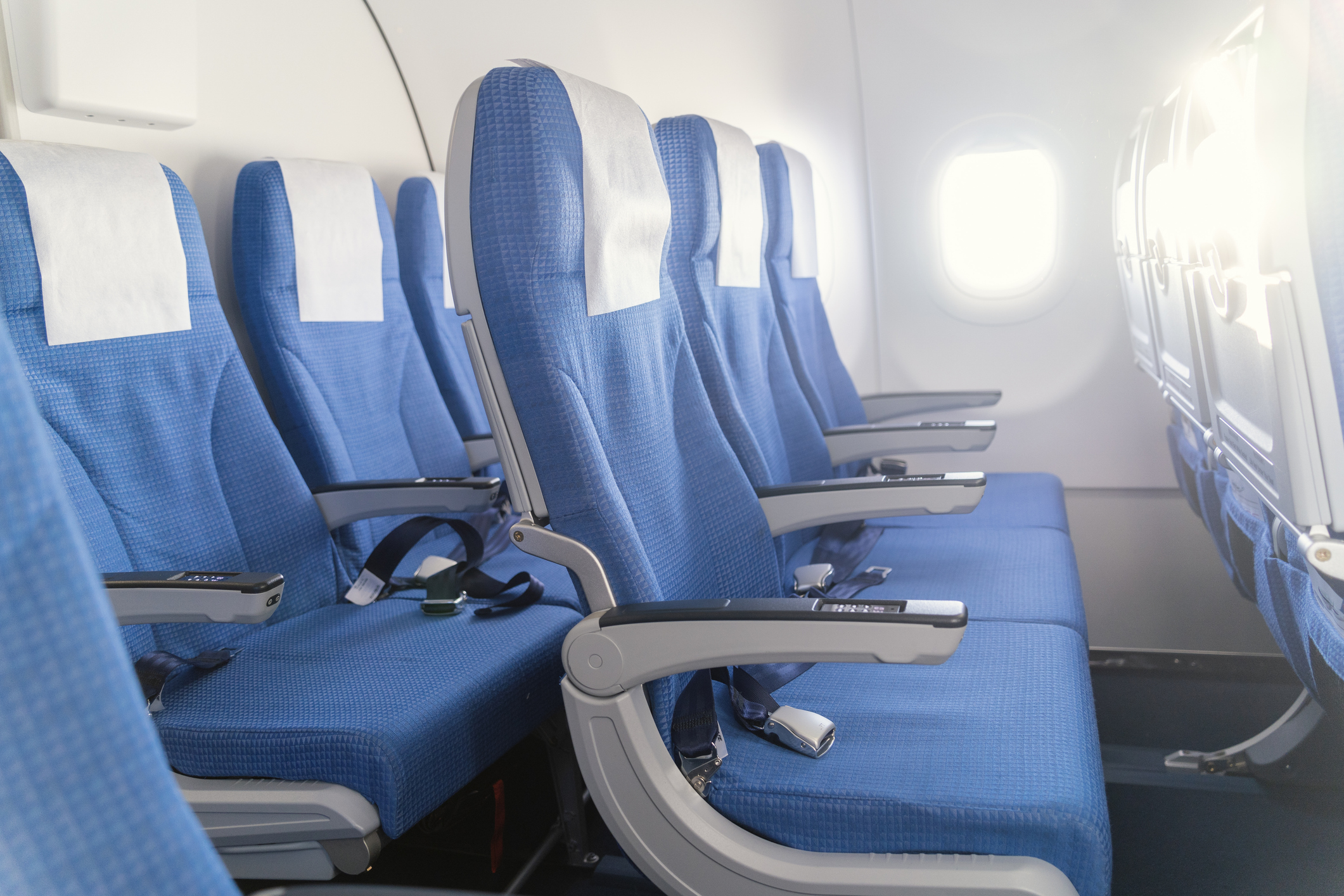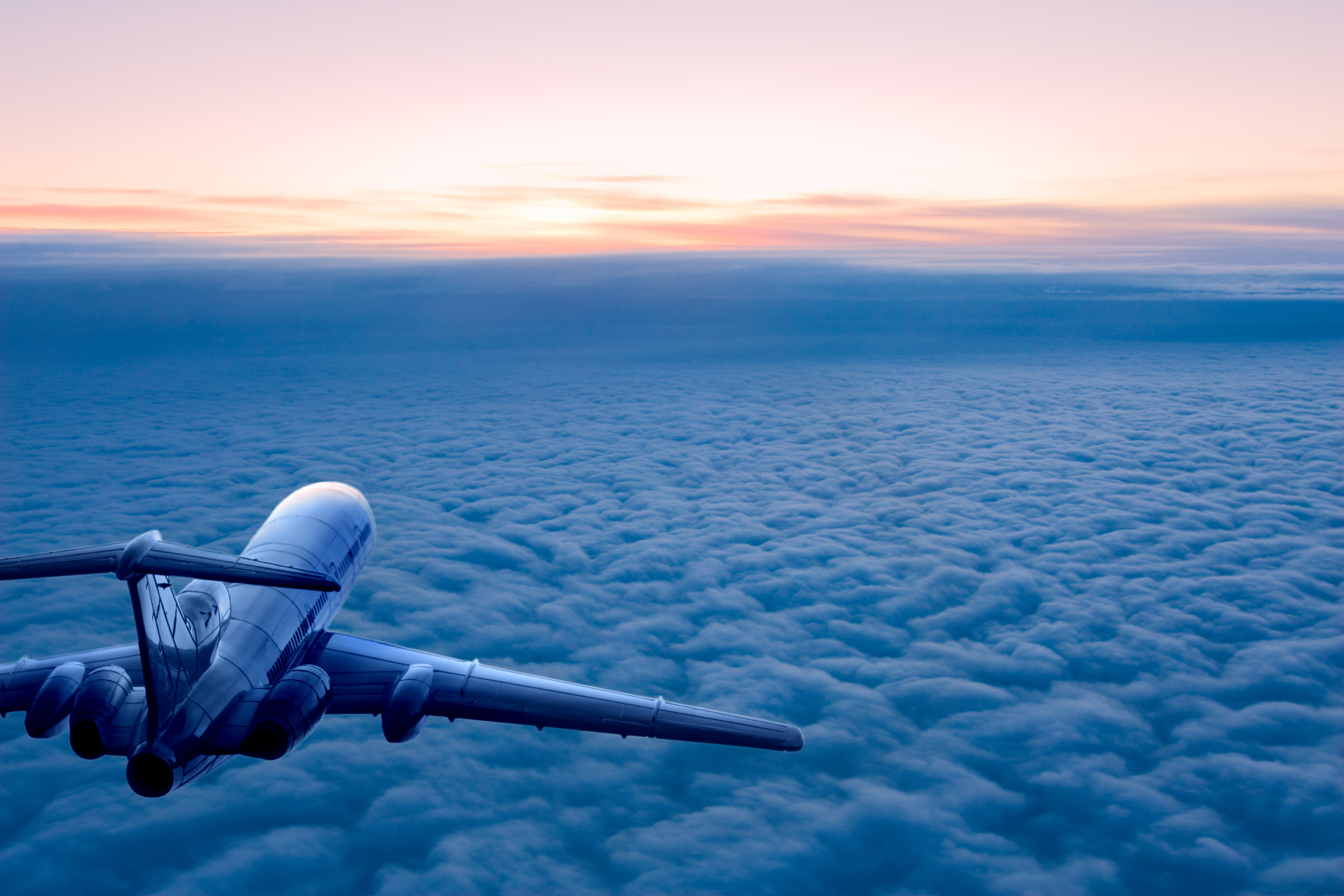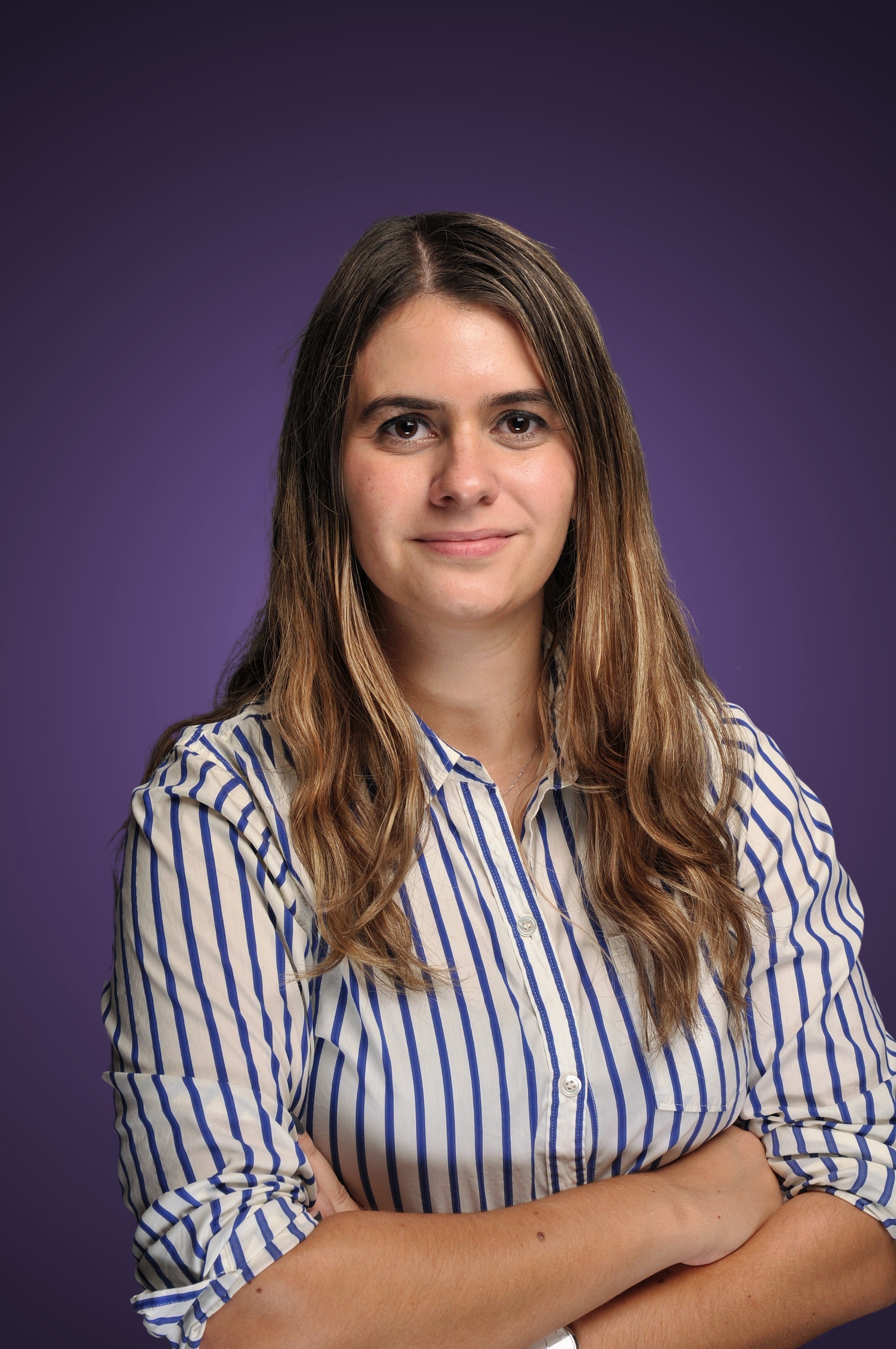How Much Would You Pay for Your Own Row of Seats on a Plane?
Frontier is the latest airline to offer the option to have an empty seat next to you.


Profit and prosper with the best of Kiplinger's advice on investing, taxes, retirement, personal finance and much more. Delivered daily. Enter your email in the box and click Sign Me Up.
You are now subscribed
Your newsletter sign-up was successful
Want to add more newsletters?

Delivered daily
Kiplinger Today
Profit and prosper with the best of Kiplinger's advice on investing, taxes, retirement, personal finance and much more delivered daily. Smart money moves start here.

Sent five days a week
Kiplinger A Step Ahead
Get practical help to make better financial decisions in your everyday life, from spending to savings on top deals.

Delivered daily
Kiplinger Closing Bell
Get today's biggest financial and investing headlines delivered to your inbox every day the U.S. stock market is open.

Sent twice a week
Kiplinger Adviser Intel
Financial pros across the country share best practices and fresh tactics to preserve and grow your wealth.

Delivered weekly
Kiplinger Tax Tips
Trim your federal and state tax bills with practical tax-planning and tax-cutting strategies.

Sent twice a week
Kiplinger Retirement Tips
Your twice-a-week guide to planning and enjoying a financially secure and richly rewarding retirement

Sent bimonthly.
Kiplinger Adviser Angle
Insights for advisers, wealth managers and other financial professionals.

Sent twice a week
Kiplinger Investing Weekly
Your twice-a-week roundup of promising stocks, funds, companies and industries you should consider, ones you should avoid, and why.

Sent weekly for six weeks
Kiplinger Invest for Retirement
Your step-by-step six-part series on how to invest for retirement, from devising a successful strategy to exactly which investments to choose.
Frontier Airlines announced this month a new seating option, UpFront Plus, where you can pay to have the middle seat next to you be empty, whether you're in the window or aisle. It's just the latest in a unique way to offer more space, at a price, for air travelers.
We all know the value of an empty middle seat. It's one of those free gifts you rarely get while flying, especially these days when it feels like every amenity is an add-on you'll be charged for, even if you're using a travel website to save money. Frontier's UpFront Plus is playing to that hopefulness, hoping it'll be enough for you to pay.
This isn't the first option of its kind. Some airlines were blocking middle seats during the height of the pandemic, as Dawn Gilbertson pointed out in the Wall Street Journal Travel newsletter, although that practice has ended. Gilbertson also pointed out that another budget airline, Spirit, offers "Big Front Seats," where the rows at the front of the plane only have two seats, not three, so each gives a passenger more space than in a traditional row.
From just $107.88 $24.99 for Kiplinger Personal Finance
Become a smarter, better informed investor. Subscribe from just $107.88 $24.99, plus get up to 4 Special Issues

Sign up for Kiplinger’s Free Newsletters
Profit and prosper with the best of expert advice on investing, taxes, retirement, personal finance and more - straight to your e-mail.
Profit and prosper with the best of expert advice - straight to your e-mail.
The experience of paying for a row to yourself
There are also similar options outside of budget airlines. On a recent flight from New Zealand to New York, my husband and I opted to try out Air New Zealand's Skycouch. With that, you get an economy row of three seats to yourself (or selves, if you book it with someone else) that have the option to flip up a padded footrest to essentially create a lay-flat seating arrangement.
Why did we book it? I'm short and can sleep anywhere, but my husband's tall, so we usually end up booking seats with more room anyway. Considering it was a 16-hour flight, we wanted to give ourselves more space, but we weren't in a position to buy business-class seats. Plus, I'm always curious about the latest unique offerings in flying and wanted to see what the couch was all about.
It wasn't exactly cheap — upgrading to the Skycouch cost almost 30% the cost of our original flight booking — but as my husband put it, we basically bought a third seat, and all the room that came with it, for one-third the price. And that was a couple of thousand dollars less than upgrading to business.
So, was it worth it? Well, the flight ended up being pretty sparsely filled, so just about everyone could spread out to have a row to themselves — including us. Two grown adults can't reasonably fit on one Skycouch (although we did have some laughs trying to see how you'd pull it off), so once it was clear the flight was empty enough, my husband moved to an empty row for himself. Similarly, the row ahead of us had two parents and a baby, and while mom and baby stayed in the row to sleep, dad moved to an empty row for himself (he was very attentive and caring, don't worry).
But you can't plan for an empty plane, which is what made it feel worth it to us. We were confident in our comfort for the weeks leading up to the flight knowing we'd have space to stretch out. And, for what it's worth, we found Air New Zealand overall to be an excellent airline.
When is an extra empty seat on a plane worth it?

How can you decide if you should pay extra for a spare seat? There are some situations where there's strong reasoning for it, like if it's a long-haul flight where you'll want to stretch out, if you're flying with a baby or pet in tow, or if you have a health concern where more room would provide at least peace of mind.
Some people are forced by many airlines to buy a second seat based on their size, in policies that have been called discriminatory. Southwest gives plus-sized passengers an extra seat for free, but Frontier asks passengers to book a second seat. In those cases, unless policies change, the UpFront Plus seats may be less expensive than booking two seats on a given flight.
You should consider the price differentials of the empty-seat option vs upgrading to a more premiere cabin. In Frontier's case, the UpFront Plus seats are already in the Premium section, which has more legroom.
As an example of Frontier's new offering, on a May flight from Atlanta to Denver, a Premium (extra legroom) seat costs $58-59, while an UpFront Plus seat costs $99. As a budget airline, Frontier requires you to pay if you want to choose your seat at all, with prices starting at $19 on this particular flight. It also is unclear if you truly have the middle seat to yourself — or are just paying to have an empty seat next to you; it looks possible you could pay for an aisle seat with the middle seat empty, while the person in the window seat is paying for the same thing, in which case you'd be "sharing" the empty middle seat.
The desire for an empty seat hints at the elephant in the room here: airplane seats have gotten smaller. Airplane seat widths were shrunk from 18 to 16 inches since the 1990s, WRAL reported in 2022, while, per the Los Angeles Times, seat "pitches" went from an average of 35 inches in 2011 to 31 inches in 2022. It's no wonder an app to fly private on the cheap has so much appeal.
Combine that with the oddities of airline rewards programs and the feeling that you get charged for everything on a plane (so ubiquitous it's become part of advertising for other industries), and it just makes for frustration at every level of commercial flight. Yes, it's a miracle we can get from one side of the country to the other in a few hours, but do we have to pay for it with our common sense in addition to our dollars?
Related Content
Profit and prosper with the best of Kiplinger's advice on investing, taxes, retirement, personal finance and much more. Delivered daily. Enter your email in the box and click Sign Me Up.

Alexandra Svokos is the digital managing editor of Kiplinger. She holds an MBA from NYU Stern in finance and management and a BA in economics and creative writing from Columbia University. Alexandra has over a decade of experience in journalism and previously served as the senior editor of digital for ABC News, where she directed daily news coverage across topics through major events of the early 2020s for the network's website, including stock market trends, the remote and return-to-work revolutions, and the national economy. Before that, she pioneered politics and election coverage for Elite Daily and went on to serve as the senior news editor for that group.
Alexandra was recognized with an "Up & Comer" award at the 2018 Folio: Top Women in Media awards, and she was asked twice by the Nieman Journalism Lab to contribute to their annual journalism predictions feature. She has also been asked to speak on panels and give presentations on the future of media and on business and media, including by the Center for Communication and Twipe.
-
 The New Reality for Entertainment
The New Reality for EntertainmentThe Kiplinger Letter The entertainment industry is shifting as movie and TV companies face fierce competition, fight for attention and cope with artificial intelligence.
-
 Stocks Sink With Alphabet, Bitcoin: Stock Market Today
Stocks Sink With Alphabet, Bitcoin: Stock Market TodayA dismal round of jobs data did little to lift sentiment on Thursday.
-
 Betting on Super Bowl 2026? New IRS Tax Changes Could Cost You
Betting on Super Bowl 2026? New IRS Tax Changes Could Cost YouTaxable Income When Super Bowl LX hype fades, some fans may be surprised to learn that sports betting tax rules have shifted.
-
 How Much It Costs to Host a Super Bowl Party in 2026
How Much It Costs to Host a Super Bowl Party in 2026Hosting a Super Bowl party in 2026 could cost you. Here's a breakdown of food, drink and entertainment costs — plus ways to save.
-
 3 Reasons to Use a 5-Year CD As You Approach Retirement
3 Reasons to Use a 5-Year CD As You Approach RetirementA five-year CD can help you reach other milestones as you approach retirement.
-
 How to Get the Fair Value for Your Shares When You Are in the Minority Vote on a Sale of Substantially All Corporate Assets
How to Get the Fair Value for Your Shares When You Are in the Minority Vote on a Sale of Substantially All Corporate AssetsWhen a sale of substantially all corporate assets is approved by majority vote, shareholders on the losing side of the vote should understand their rights.
-
 How to Watch the 2026 Winter Olympics Without Overpaying
How to Watch the 2026 Winter Olympics Without OverpayingHere’s how to stream the 2026 Winter Olympics live, including low-cost viewing options, Peacock access and ways to catch your favorite athletes and events from anywhere.
-
 Here’s How to Stream the Super Bowl for Less
Here’s How to Stream the Super Bowl for LessWe'll show you the least expensive ways to stream football's biggest event.
-
 The Cost of Leaving Your Money in a Low-Rate Account
The Cost of Leaving Your Money in a Low-Rate AccountWhy parking your cash in low-yield accounts could be costing you, and smarter alternatives that preserve liquidity while boosting returns.
-
 I Met With 100-Plus Advisers to Develop This Road Map for Adopting AI
I Met With 100-Plus Advisers to Develop This Road Map for Adopting AIFor financial advisers eager to embrace AI but unsure where to start, this road map will help you integrate the right tools and safeguards into your work.
-
 The Referral Revolution: How to Grow Your Business With Trust
The Referral Revolution: How to Grow Your Business With TrustYou can attract ideal clients by focusing on value and leveraging your current relationships to create a referral-based practice.